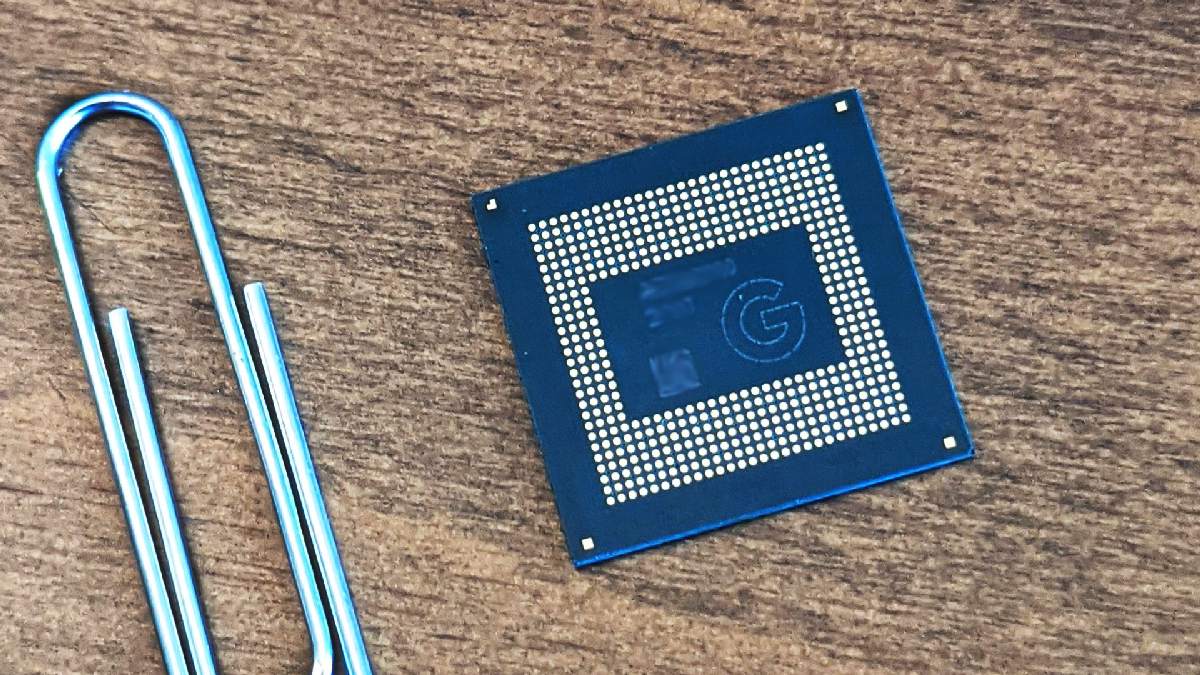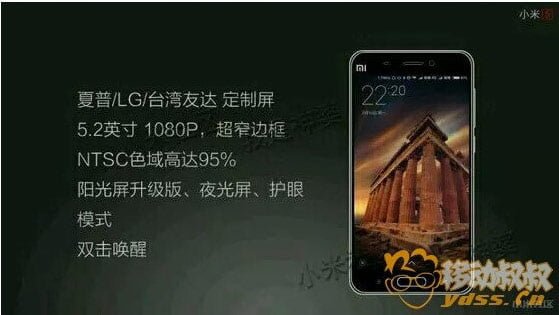
No one is yet saying with certainty that the upcoming Google Tensor chipset will be better and more productive than the current flagship Qualcomm Snapdragon 888. By and large, even Samsung’s Exynos 2100 might be at least as good, and that’s perfectly fine. Android users can relax a bit in this respect and not worry that their smartphones will be a little slower. Far more important will be some of the other parameters of this processor, which will still take its place and allow users to relax and not worry about the lower number of gigahertz. It sounds a bit confusing so far, but let’s sort it out in order.
Will the Google Tensor processor be any good
Optimists can argue for a long time that the processor will be productive and Qualcomm will be in a catch-up role. But realists will counter that, at best, we’ll get a great optimization, which is what will make a smartphone with this chip run well and fast.
Backtracking a bit, we all know that the Pixel 5 has been something of a year off for the Made by Google smartphone series. Now it looks like an interim model before Google returns to the flagship world with renewed vigour. Even though it worked well and fast overall, it’s not how the smartphone actually performs, but what its specs are that really matters to many. Actually, this is one of the reasons why Apple and Android fans clash.
Unfortunately, it’s not easy to make a good phone with little performance, and Google’s A-series smartphones have only been able to disprove that as of mid-2019. On the other hand, the general public loves iOS because there’s no denying that it performs exceptionally well 99% of the time.
As Apple itself pointed out in its ads “it just works”. You never have to think about the back-end hardware, as it takes a back seat and in no way interferes with the phone’s ability to run as fast as possible. Most iOS fans and iPhone owners often don’t even know what’s inside their smartphones by simply using them.

Are phones with a weak processor bad?
I’m not saying that we as consumers should put up with poor performance or substandard products. There’s just no point in having the fastest car in a race if it can’t brake and turn. Simply put, balance is important in everything, and a smartphone isn’t just made up of the processor, but also how the operating system makes it work.
Imagine an iPhone X from four years ago. It still works just fine. I have one myself and I know what I’m talking about. It’s almost as fast as the Galaxy S21, iPhone 12 Pro and many other phones in terms of actual speed. Now imagine an Android phone from 4 years ago. It certainly won’t perform as well as the newer devices. But Google with its own processor is very likely to repeat exactly Apple’s path. It won’t have high specs, but it will simply work. And most importantly, it will not lose relevance in a few years, as is the case with unified processors of the same Qualcomm or MediaTek.
Many users do not tolerate change very well. If even the abandonment of the not-so-necessary memory cards and headphone jack drew the ire of the audience, what to say about putting a mid-tier processor in a device from which true flagship features were expected. Even though this smartphone “just worked”.
Does the phone need a powerful processor?
This is further proof that a processor doesn’t necessarily define a flagship smartphone, although it is important for the overall performance of some features. Obviously, no one would give up a more powerful processor, all other things being equal, but recent practise shows that it’s not that important if you approach it wisely.
Think back to the Google Pixel camera of recent years. It was the flagship until the third generation, and then they just stopped updating it. As a result, the phone didn’t get a brand new camera module, but it shot at least as well. Here’s further proof that you don’t have to install the most powerful one. The main thing is to make it work properly.
We get the same approach with the release of the new Tensor processor in the Pixel 6 and 6 Pro. Even if it lags behind the Snapdragon 888 and stops at the level of the 865, it could still make the Pixel the best Android smartphone in the world.

Tensor and Snapdragon 888 comparison
But, if we’re to believe the leaks and the information that Google has officially revealed to us, the Tensor is already just a tiny bit behind the Snapdragon 888. In other words, even on its own, the phone will be just as good as the Galaxy S21 Ultra, ASUS ZenFone 8 and OnePlus 9 Pro, but with optimization, we’ll get even better user performance.
Add to that the Pixel Neural Core and the Titan M2 security chip, which Google has clearly been lacking for the past few years, and the picture is quite pleasing. Thus, the Tensor may well prove to be the most attractive processor, which will be good on its own and allow the full potential of the Android 12 OS to be unleashed. It was surely created with the processor in mind, though, which the company is preparing.
Of course, it remains to be seen how all this will work in real life, and whether the full redesign of the Android 12 OS, which is still delayed for undisclosed reasons, will have a big impact on performance. Either way, it’s enough of a change to keep us interested. Finally, we’ve got some real intrigue, rather than a standby specs update.
Is it important to you that the processor is powerful? Or is it more important that it runs fast and the specs aren’t that important?



